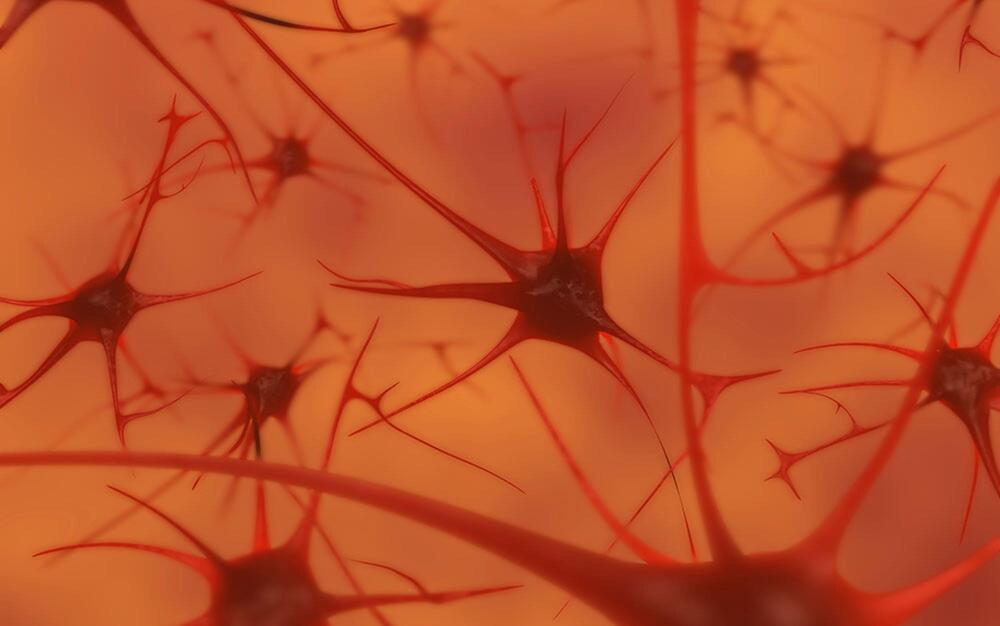Penn State researchers developed a prototype of a wearable, noninvasive glucose sensor, shown here on the arm. Credit: Jia Zhu, Penn State.
Penn State researchers develop first-of-its-kind wearable, noninvasive glucose monitoring device prototype.
Noninvasive glucose monitoring devices are not currently commercially available in the United States, so people with diabetes must collect blood samples or use sensors embedded under the skin to measure their blood sugar levels. Now, with a new wearable device created by Penn State researchers, less intrusive glucose monitoring could become the norm.






